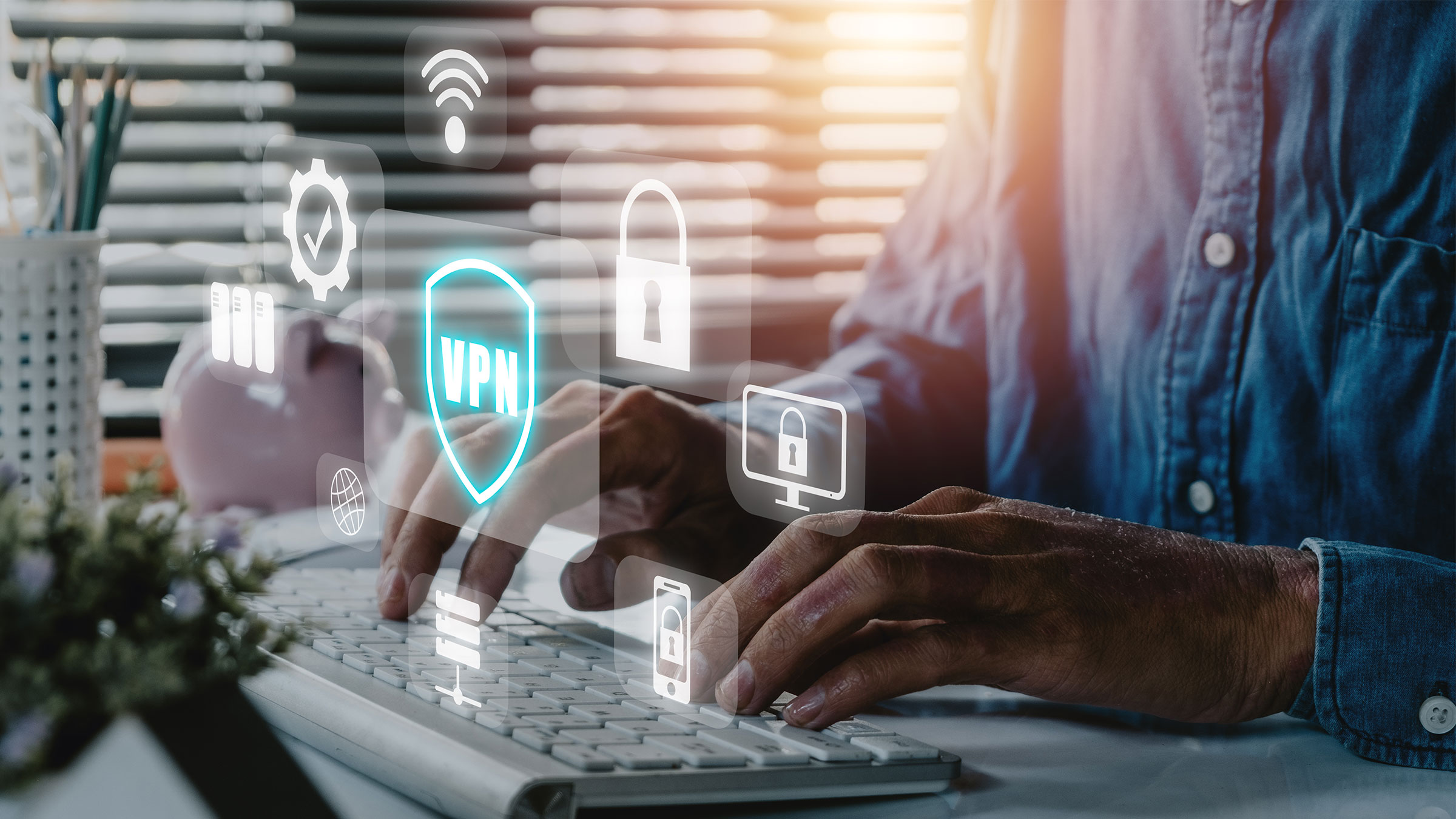Oct 22, 2024
Using a VPN Can Keep Remote Workers Secure
Brian Clausen, Copy Editor
The focus on cyber security has grown exponentially in the past decade. The number of jobs pertaining to this field has increased three-fold, from one million jobs in 2013 to 3.5 million jobs currently. In 2004, the global cybersecurity market was worth $3.5 billion; today, it’s worth more than $150 billion, and projected to increase to $270 billion in the next five years. It’s clear that cyber security is at the forefront of every business’ agenda.
However, remote working can make it more difficult to ensure that proprietary information doesn’t fall into the wrong hands. When everyone is in the same building, all employees might have used a desktop computer, hard-wired to a company server, to complete their work. But remote employees use their home internet on a company-provided laptop, and their routers might not be as secure.
Setting up a Virtual Private Network, or VPN, for remote employees is a crucial measure in safeguarding the security and privacy of your business’s data. It falls on your company’s IT department to establish one if they haven’t already, but if senior leadership needs convincing, here are five benefits of using a VPN.
Five Ways a VPN Is Beneficial for Remote Employees
- A VPN for remote employees means enhanced security. When employees work remotely, they might connect to public or unsecured Wi-Fi networks, which can be vulnerable to cyberattacks. A VPN encrypts internet traffic, making it difficult for cybercriminals to intercept or access sensitive data. This encryption is especially important for employees who regularly handle confidential information, such as customer data, financial details, or proprietary company documents.
- VPNs also protect the privacy of remote employees by masking their IP addresses. This ensures that their online activity cannot be easily traced or monitored by third parties, including internet service providers or hackers. By creating a secure and private connection, VPNs help ensure that employees' personal and work-related activities remain confidential.
- Implementing a VPN for remote employees helps companies comply with Data Protection Regulations by providing a secure means of transmitting data.Many industries are subject to strict data protection regulations, such as hospitals or financial institutions. These laws require organizations to take specific measures to protect sensitive information, and failing to do so can result in significant fines and penalties.
- A VPN enables remote employees to securely access company networks, files, and apps from anywhere in the world. Some organizations restrict access to certain resources based on geographic location or network security policies, but a VPN allows employees to bypass these restrictions by connecting to the company’s network as if they were physically present in the office. This ensures continuity in workflows and productivity.
- A VPN means remote employees can collaborate more efficiently by securely sharing files and using cloud-based tools without compromising security. VPNs allow for the safe exchange of information and prevent unauthorized parties from intercepting this information.
Setting up a VPN for remote employees is critical to enhancing security, maintaining privacy, and enabling seamless access to company resources.
Interested in learning more? Sign up for the SkillPath webinar, Cybersecurity for Remote Employees
Potential Downsides of a VPN
But while the benefits are numerous, there are some drawbacks to VPNs if not established and used properly. Let’s look at some of those drawbacks.
- VPNs encrypt data and reroute traffic through remote servers, which can lead to reduced internet speeds, especially if the server is far from the user’s location.
- Setting up and managing a VPN for a large team can be complicated and time-consuming, requiring ongoing IT support to ensure proper configuration and security updates. Actual productivity might grind to a halt as employees learn how to use this new feature.
- Compatibility issues could mean that some software or services may not work properly with a VPN in place, potentially causing disruptions in workflows or requiring workarounds.
- While a VPN enhances security, it still comes with limitations. If a device is infected with malware, a VPN cannot prevent data breaches from occurring.
- High-quality, enterprise-level VPN services can be costly, particularly when scaling for a large workforce.
There are always going to be pros and cons in the business world, so it’s important to recognize these potential drawbacks and realistically consider them before making any sweeping changes to your company’s cybersecurity protocols.
Overall though, a VPN can provide security and peace of mind that might outweigh the potential cost and temporary compatibility issues for some workers. If your company has remote workers and doesn't use a VPN, it could be time to consider one.
Brian Clausen
Copy Editor
Brian Clausen is a copy editor at SkillPath. He has been with SkillPath for seven years, and his writings have appeared on LendingTree, Shutterfly, and Dopplr.
Latest Articles
